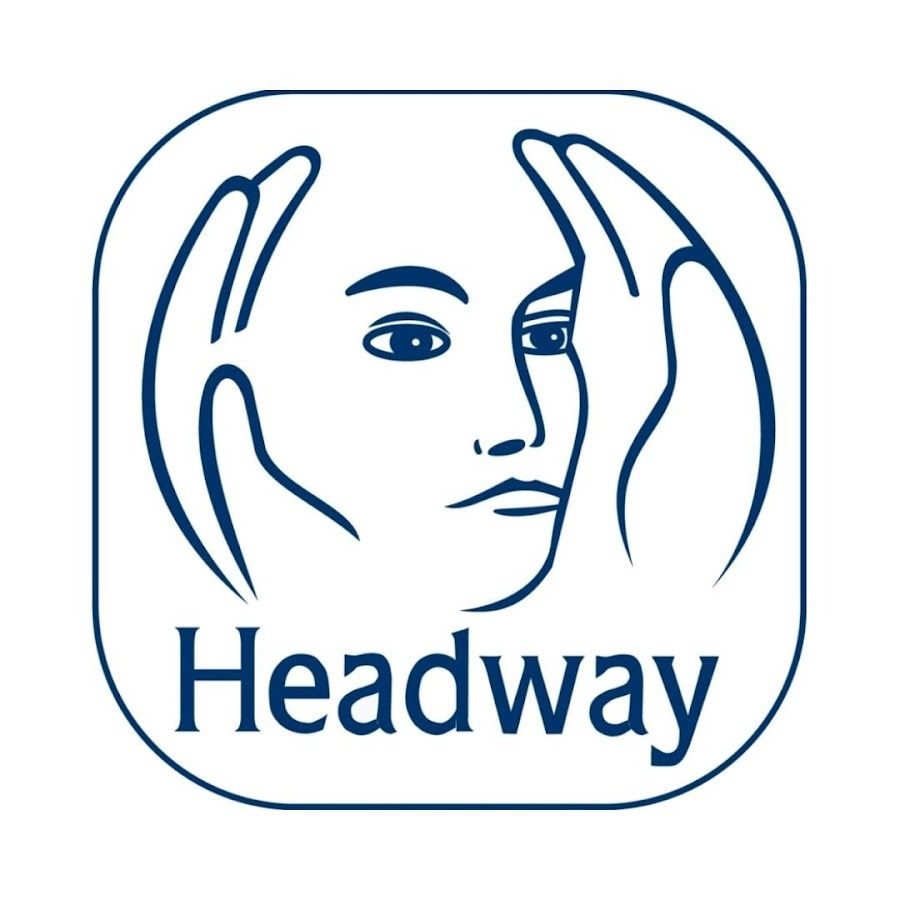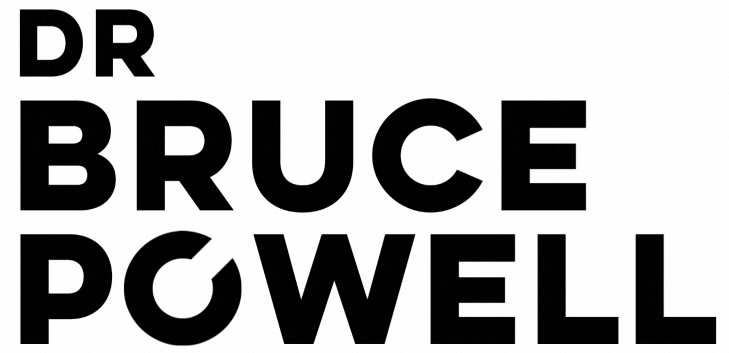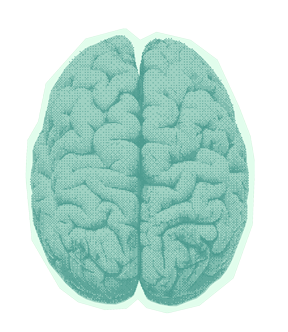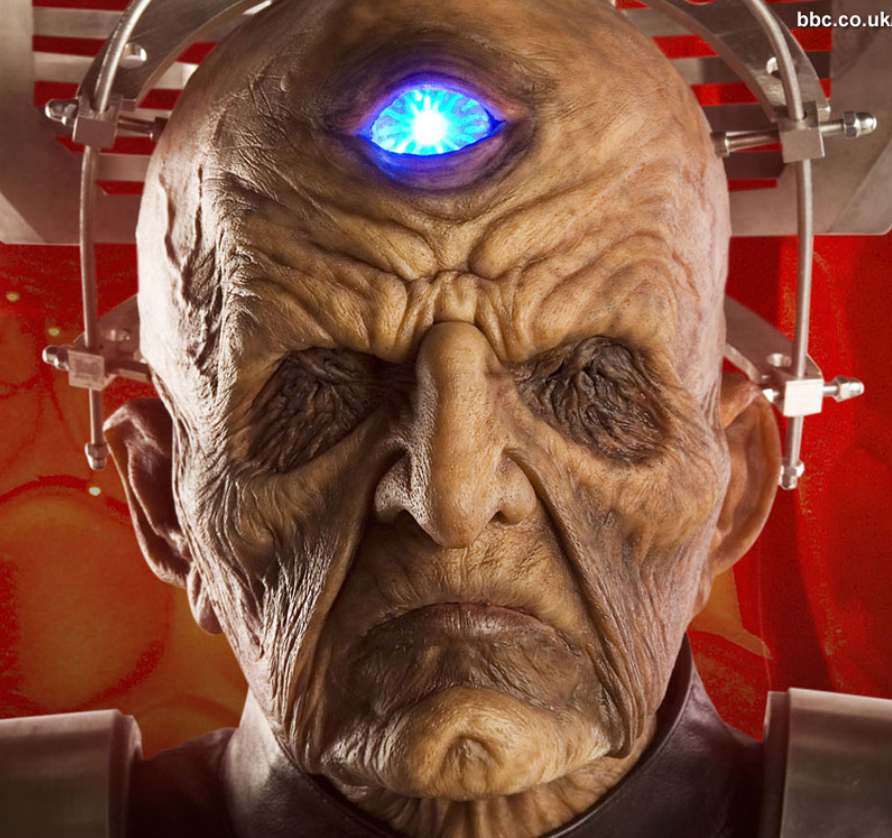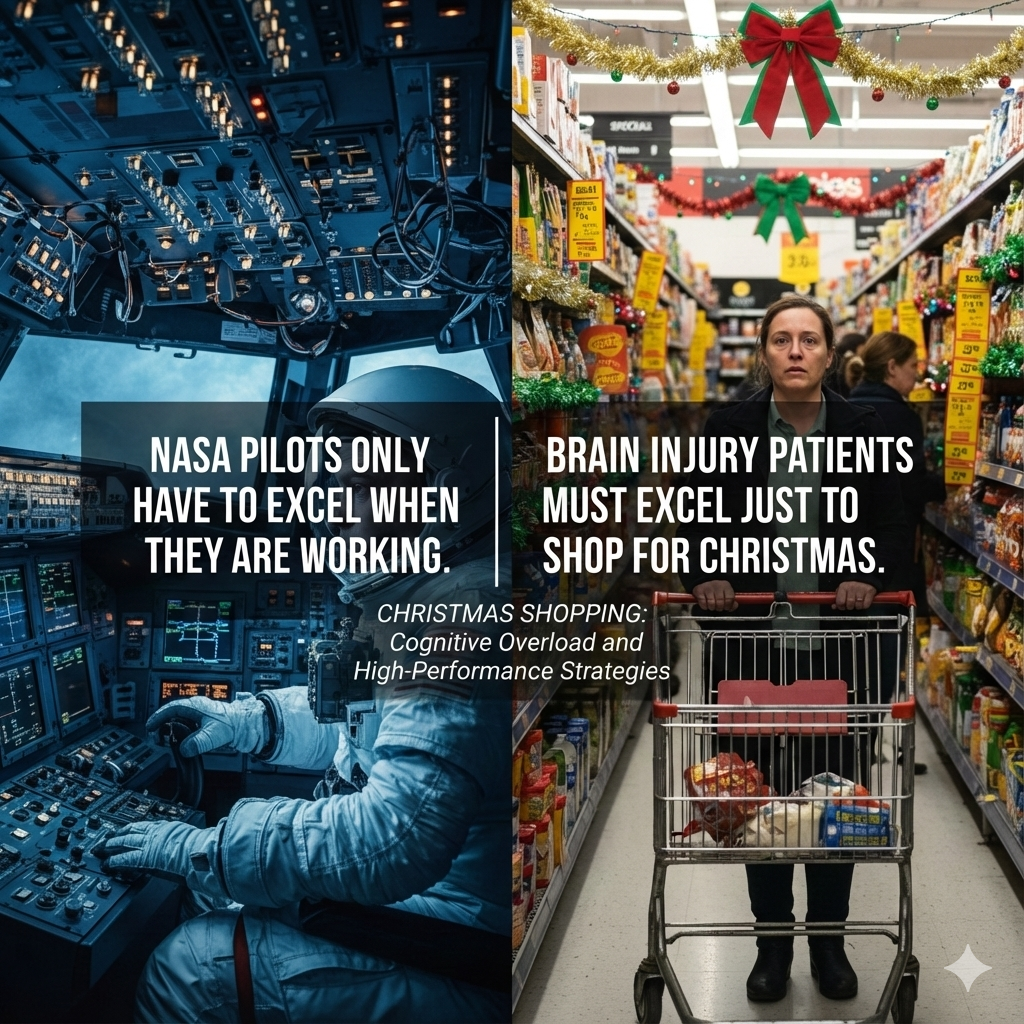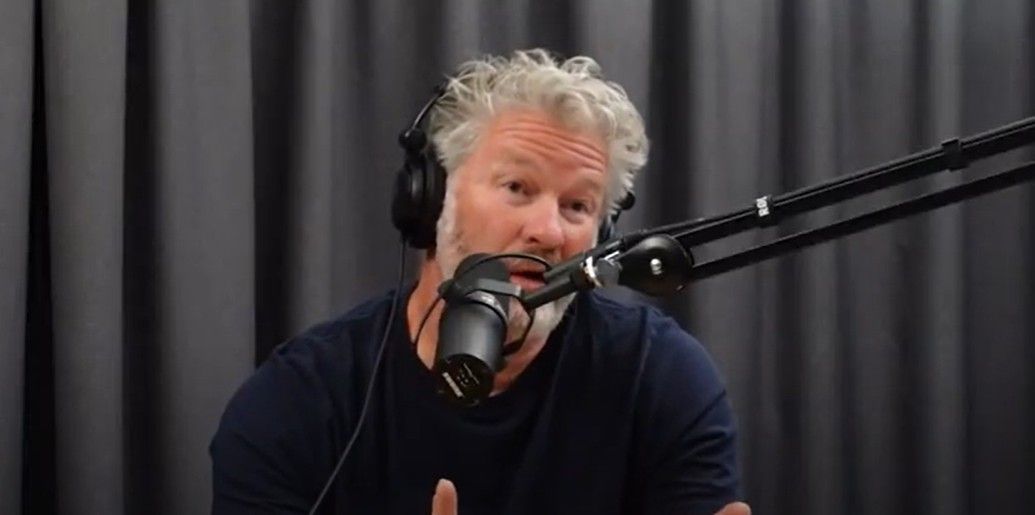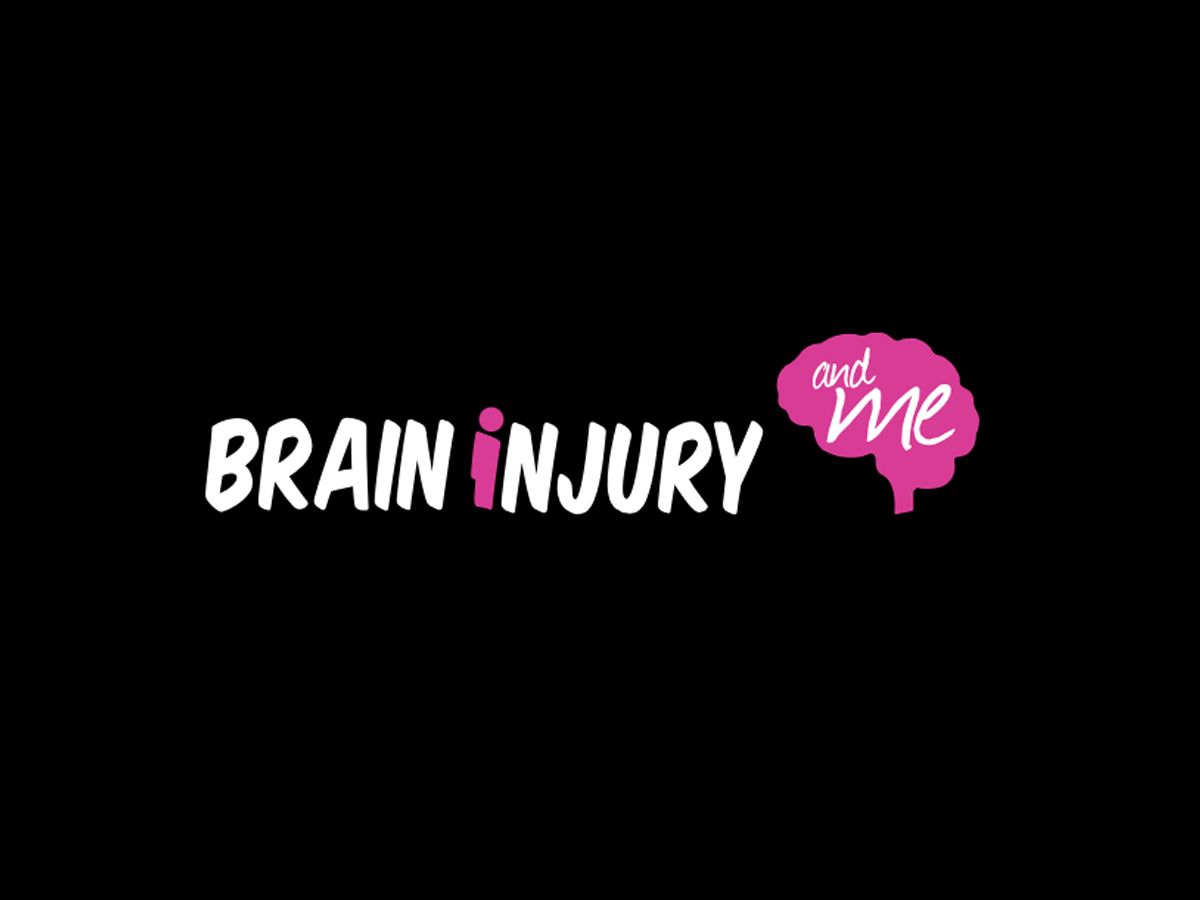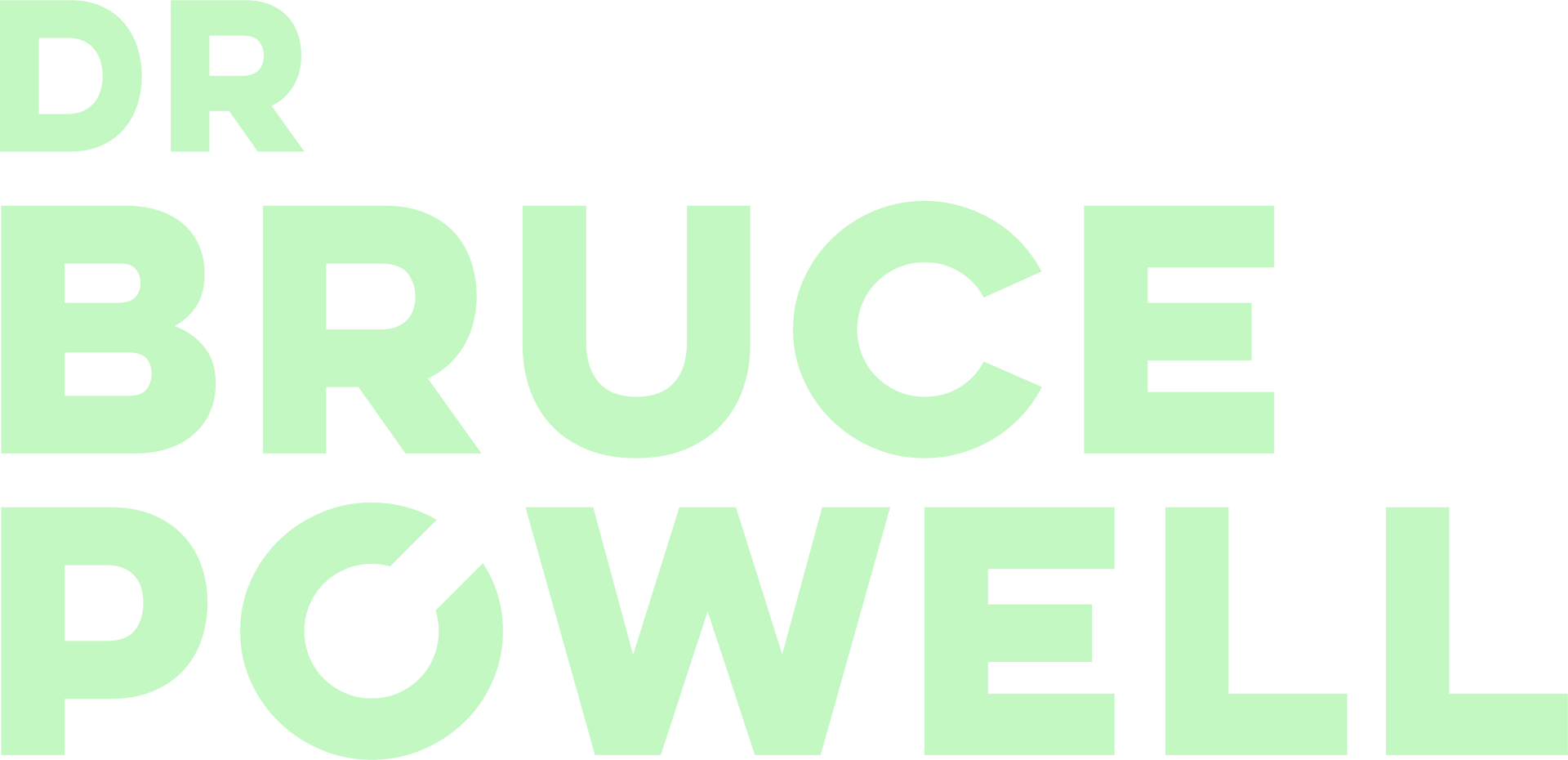Retrospectoscope:
(hypothetical, slang, humorous)
an instrument for measuring and viewing life more clearly through hindsight.
The only thing certain in this life, is uncertainty.
Dr Bruce Powell is a dynamic writer, speaker, podcaster, and advocate.
A former critical care specialist and organ donation leader, Bruce draws on both his clinical background and lived experience to tell stories that matter.
From being prolifically published as a researcher in medical journals designed for academics, today Bruce’s writing is infinitely more accessible. His work is wide ranging, grounded, often darkly funny, and always human.
Bruce has drawn on the same lived experience that took him from leading emergency departments to becoming a patient in one. Based in Western Australia, Bruce is sought after nationally and internationally for his distinctive voice, unique insight, and unpretentious style.
Today, Bruce shares his perspective through writing and speaking engagements, connecting with audiences from all walks of life.
His story has been featured in the Sydney Morning Herald and ABC Radio. He speaks on Traumatic Brain Injury (TBI) and related issues internationally.
Speaking
Brain injury, resilience and recovery.
Organ donation system leadership.
Living with uncertainty and life reinvention.
Identity shifts post-trauma.
Life storytelling and reflective practice.
Writing
From a prolific published medical researcher to now writing about stories that help, inform and entertain.
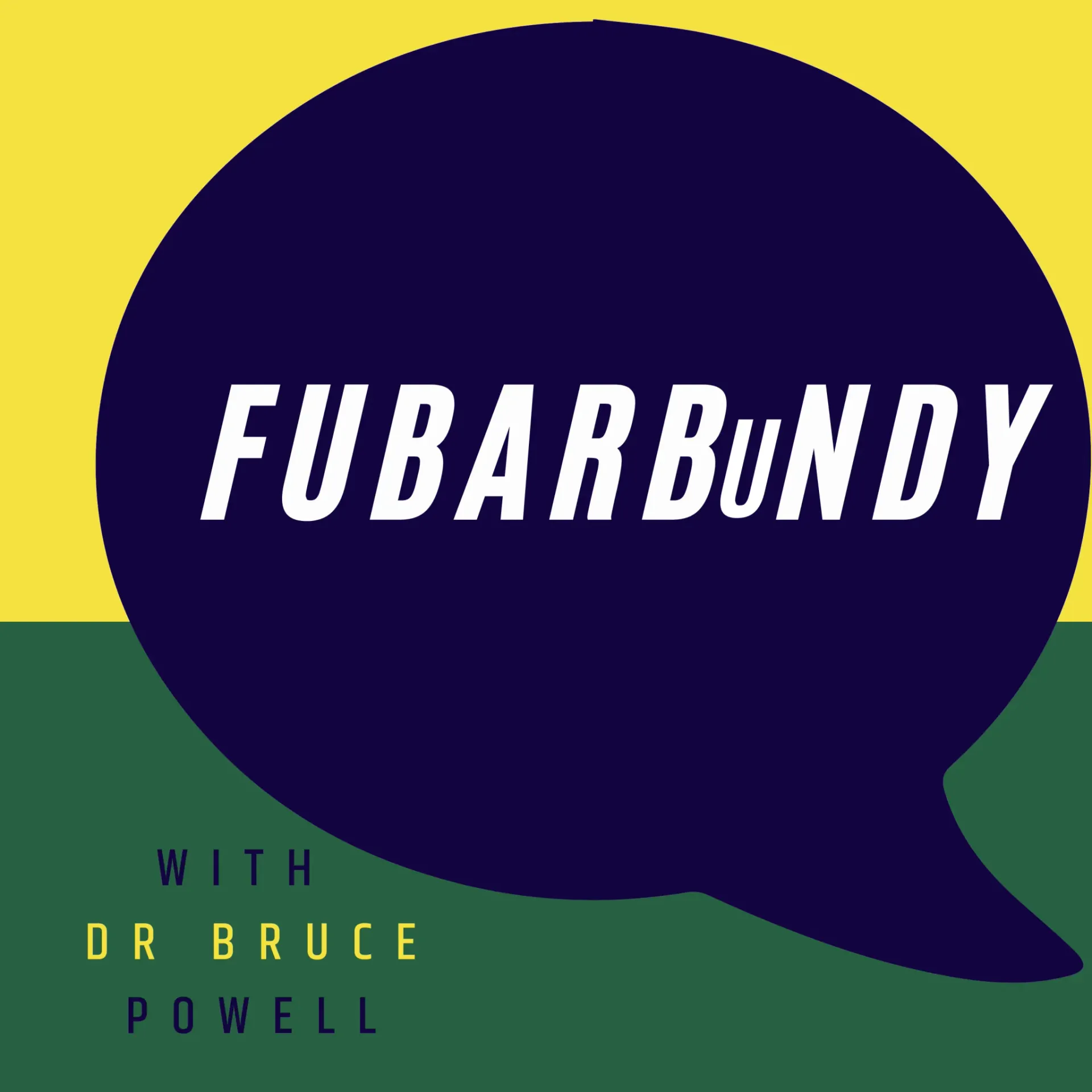
Podcast
Imagine waking up in a familiar room where nothing is as you remember it.
Imagine knowing what you are, but not who.
Imagine losing your direction and sense of self.
Episode 1
FUBARBuNDY
Waking up in Intensive Care, “F**ked Up Beyond All Recognition But Not Dead Yet”, Dr Bruce Powell tries to make sense of what has happened.
Episode 2
All Change
Becoming an optimist, starting to make some sense of the traumatic events of that September day.
Episode 3
Christmas Day in Intensive Care
Despite being an experienced Intensive Care doctor, it is hard to understand what has happened. Paranoia, confusion and euphoria make a complex cocktail.
Episode 4
Trauma Unit and the Great Escape
Despite being an experienced Intensive Care doctor, it is hard to understand what has happened. Paranoia, confusion and euphoria make a complex cocktail.
Insights
There’s nothing like a brain injury to develop your empathy and grow your perspective. Bruce is a prolific writer both in short and long form. Here is your pass inside his mind!
Media
A sought-after guest and speaker, Bruce is a dynamic communicator across all mediums. Here’s Bruce in the Media.

